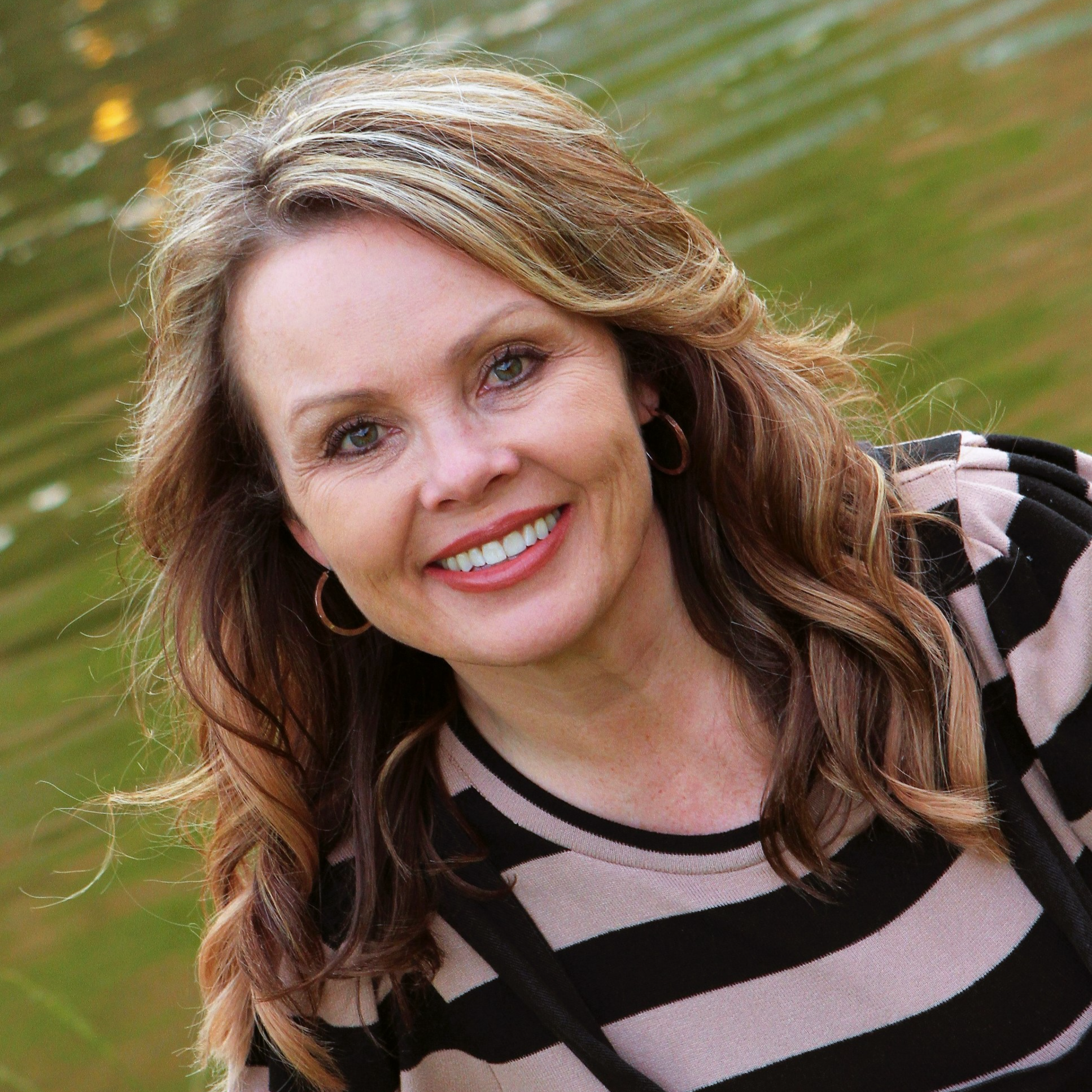Welcome to Counseling

Welcome students and families. I am so excited to be joining Oakley Elementary School as the new School Counselor! I love the students at OES and look forward to a great year. I attended Idaho State University, and obtained a bachelor's degree in Public Health and Biology with an endorsement in Secondary Education and Physical Science. I received my School Counseling Degree from Southeastern Oklahoma State University in 2023.
In my free time, you can find me traveling and exploring. I love the beach and enjoy spending time with my family and friends. One of my goals is to view the northern lights in Iceland, one of nature's greatest light shows.
Contact Mrs. Cranney at 208-862-3203 or craheidi@cassiaschools
Vision Statement
The vision of the Oakley Elementary counseling department is to provide all students with the necessary academic skills, attitudes, and mindsets to empower them to be resilient and succeed throughout their lives.
Mission Statement
The mission of the Oakley Elementary counseling department is to create an environment that builds on student interests while providing needed support, opportunities, skills, and resources. School stakeholders will be an integral part of the program advocating for equality for all students and creating lifelong learners.
Developmental Domains
Three domains will be used to enhance student learning, mindsets, and behaviors.
Academic
Activities and strategies are used to increase the students learning and help them succeed and reach their highest potential.
Career
Connections will be made between career and work to help students explore their interests. Strategies will also be implemented to help students transition between schools and careers across their lifespan.
Social-Emotional
Helping students learn to manage their emotions and apply those skills interpersonally.
Confidentiality
School Counselors must maintain confidentiality with students. Therefore, anything they shared with the counselor in a group or individual lessons will remain confidential. As School counselors, we have the best interest of our students at heart.
Limits of Confidentiality
Confidentiality will only be broken when:
A student is being harmed
A student wants to harm someone else
A student wants to harm themselves
Permission is given to share with another trusted adult
Illegal activity is reported
Manage
American School Counseling Association (ASCA) outlines ways to develop a school counseling program to produce an effective result.
Use of Time
ASCA recommends that school counselors spend 80% of their time in direct and indirect student services. A "use of time calculator" will be filled out twice a year for the counseling department to analyze time use on services by the school counselor.
Advisory Council
The advisory council is made up of stakeholders that will review and analyze the counseling department based on data collected.
Roles of the advisory council include but are not limited to:
Advising on student outcome goals
Reviewing result of goals
Sharing suggestions based on data collected
Advocating with the community on behalf of the school counseling department
Interested in being on the Advisory Council? Please get in touch with me directly at:
208-862-3203
Deliver
The following component outlines how school counselors make activities available to students. 80% of school counseling should be divided between direct and indirect
Instruction
A school counseling curriculum will be implemented to ensure all students receive heightened academic, career, and social/emotional Instruction to increase college and career readiness. Instruction can be accomplished individually, within large and small groups, and individual classes.
Appraisal
School counselors work with students to help them recognize skills and capabilities that interest them. A broad range of testing, assessments, and feedback provides information to help students with short and long-term goals. Career aptitude tests are an example of appraisal that aids students in career exploration.
Advisement
Based on their appraisals, testing and assessments, students will be advised by the school counselor, helping them make decisions that will benefit their future. An example of advisement is assisting students in managing their schedules to best meet the needs of their future college and career goals.
Counseling Ability
Counseling assistance is provided to students during any challenging time they may have. School counseling aims to be proactive, responsive, short-term, and based on practical counseling theories. School counseling may assist in any crises students may encounter. If students require long-term counseling, the school counselor will combine with families and guardians to provide the appropriate recommendations for further assistance.
Indirect Student Service
School counselors work with stakeholders, including teachers, parents, staff, and community members, to promote and enhance student learning and success. Services offered are consultation, collaboration, and referrals.
Consultation
School counselors advocate student learning, academics, career exploration, and providing consultation when needed. Consultations are to obtain information that will benefit students by increasing knowledge and social/emotional support.
Collaboration
Collaboration requires various people to work in the same direction toward a common goal. Some examples of collaboration are:
Student and parent education nights.
Developing community outreach supports.
School Counselors collaborate with parents, students, and stakeholders to create a positive school and community environment for students to thrive.
Referrals
A school counselor has an ethical obligation to refer students and families to other professionals that can provide additional support and help when it is warranted. Examples of different supports can be academic tutoring, career and college planning, and emotional/mental health support groups.
If parents or students are interested in school counseling services provided, please contact me directly.
208-862-3203
American School Counseling Association (2019). The ASCA National Model: A Framework for School Counseling Programs
Assess
The school counseling department will continually assess the design and effectiveness of our program, ensuring students participate and gain increased knowledge in mindsets and behaviors by evaluating outcome data.
If parents or students are interested in school counseling services provided, please contact me directly.
Contact Information:
208-862-3203
American School Counseling Association (2019). The ASCA National Model: A Framework for School Counseling Programs
